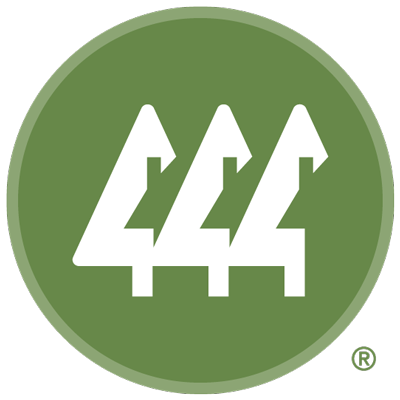Ballard
Description
Ballard is one of Seattle’s oldest neighborhoods, founded in 1853 and annexed to Seattle in 1907. Ballard has Scandinavian roots and strong ties with the marine and fishing industries that continue to this day. A hub for local artists, creative boutiques and gourmet bistros, it has become a destination for local Seattle music and nightlife, the majority of which is located in Ballard’s historically-protected core. Ballard is unique, with one foot planted in Seattle’s colorful past and the other stepping into Seattle’s vibrant future. In recent years, single family homes have given way to urban high density housing, including condominiums, townhouses and apartments. There are a variety of neighborhood parks as well as a strong community center and pool. Located northwest of downtown Seattle, the downtown core is easily accessed from 15th Avenue NW.
Landmarks of Ballard include the Ballard Locks, the Nordic Museum, the Shilshole Bay Marina, and Golden Gardens Park. The neighborhood's main thoroughfares running north–south are Seaview, 32nd, 24th, Leary, 15th, and 8th Avenues N.W. East–west traffic is carried by N.W. Leary Way and N.W. 85th, 80th, 65th, and Market Streets (east- and westbound). The Ballard Bridge carries 15th Avenue over Salmon Bay to the Interbay neighborhood, and the Salmon Bay Bridge carries the BNSF Railway tracks across the bay, west of the Ballard Locks. Ballard is located entirely within Seattle City Council District 6, which also includes the neighborhoods of Crown Hill, Green Lake and Phinney Ridge, as well as most of Fremont, North Beach/Blue Ridge, and Wallingford. Ballard is part of the Seattle Public Schools and the Washington State Legislature's 36th legislative district. At the federal level, Ballard is part of the United States House of Representatives's 7th congressional district.
The area now called Ballard was settled by the Dx?d?w?abš (Duwamish) Tribe after the last glacial period. There were plentiful salmon and clams in the region. The U.S. government code in the CDC (Centers for Disease Control which maintains a list of race and ethnicity for tracking) for this group is American Indian, Puget Sound Salish (Code A01-M43, H71). (There is no "Shilshole" tribe). The Burke Museum has artifacts from the group of Duwamish who lived at Shilshole. The references say that before non-Natives arrived, the group living around Shilshole may have been in decline due to a "great catastrophe". The remaining dozen or fewer families were evicted by non-Natives in the mid-19th century. One source suggests that the decline of the Shilshole dwelling Salish might have been due to raiding from Natives from farther north (Queen Charlotte's Island) and these raids also alarmed non-Native settlers. The last member of the Shilshole native group-HWelch’teed or "Salmon Bay Charlie"-was forcibly removed to allow construction of the Hiram Chittendon Locks.
More Information?
- Purchase +1 more3 statuses
- House+5 more
- Price
- Bed/Bath
- Sqft
- Dates
- Filters
- Save Search


